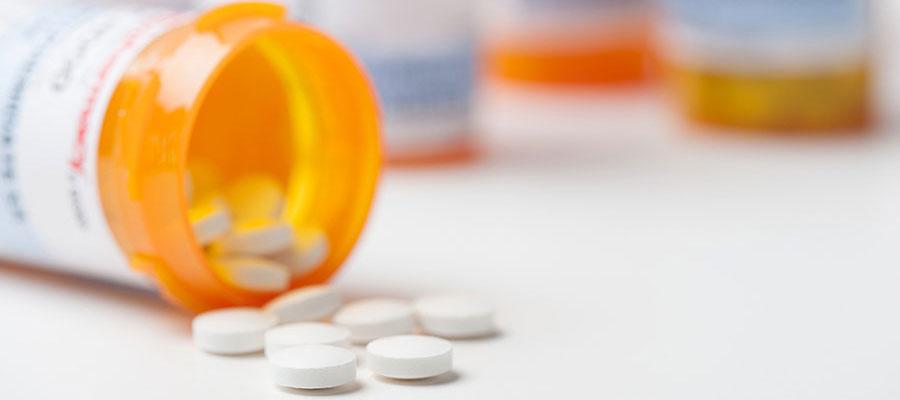HHS reports surge in drug prices over past year

Price increases for over 1,200 drugs exceeded inflation between July 2021 and July 2022, including many drugs used to treat cancer and other chronic conditions, the Department of Health and Human Services reported Friday. The increases on these drugs averaged 31.6%. Beginning in 2023, the Inflation Reduction Act requires drug manufacturers to pay rebates to Medicare if they enact price increases greater than inflation. The law also requires the federal government to negotiate prices for certain Medicare drugs with high spending. Between 2016 and 2021, drug spending growth was largely due to an increase in spending per prescription and a 43% increase in the cost of specialty drugs, according to another new HHS report.
Related News Articles
Headline
The AHA submitted a statement July 11 for a Senate Special Committee on Aging hearing on health care transparency and lowering health care costs. The AHA…
Headline
The Department of Health and Human Services June 26 announced beneficiary coinsurance reductions for 64 prescription drugs available through Medicare Part B.…
Headline
Blog, infographic highlight how increasing drug prices and shortages are jeopardizing access to care
The AHA May 22 released a new infographic and blog highlighting how increasing drug prices and shortages are jeopardizing patient access to hospital care and…
Blog
The inability of many patients to obtain needed drug therapies due to either high prices or shortages has negatively affected patient outcomes.1 Nearly 30% of…
Headline
The Centers for Medicare & Medicaid Services May 3 announced the opening of the comment period for the Inflation Reduction Act’s Medicare Drug Price…
Headline
White House Domestic Policy Council Director Neera Tanden spoke to Annual Meeting attendees about the environment hospitals and health systems are facing and…

